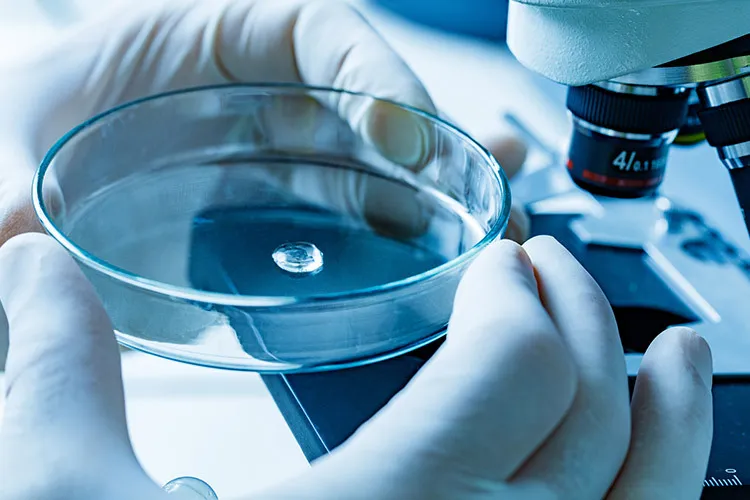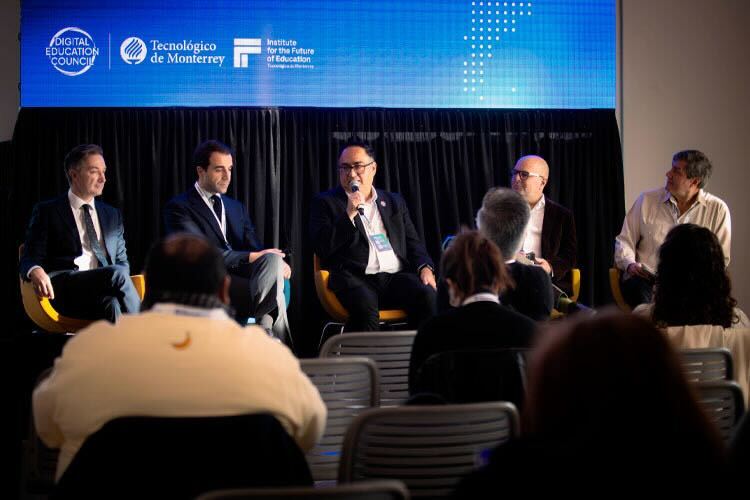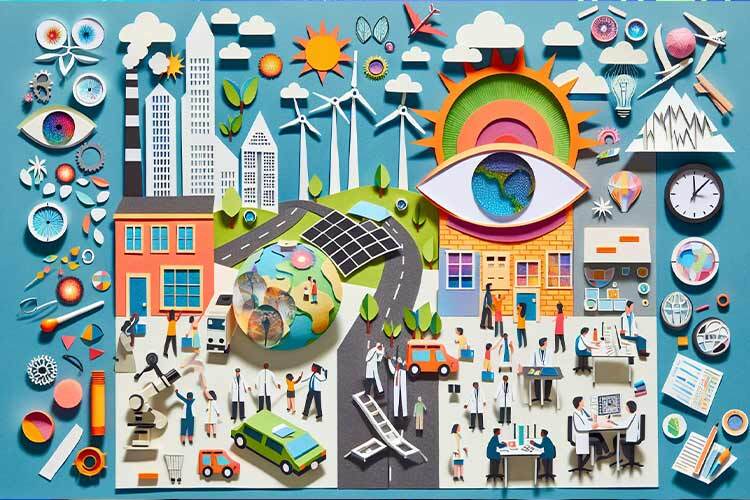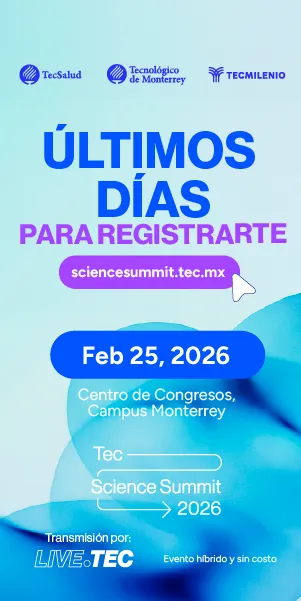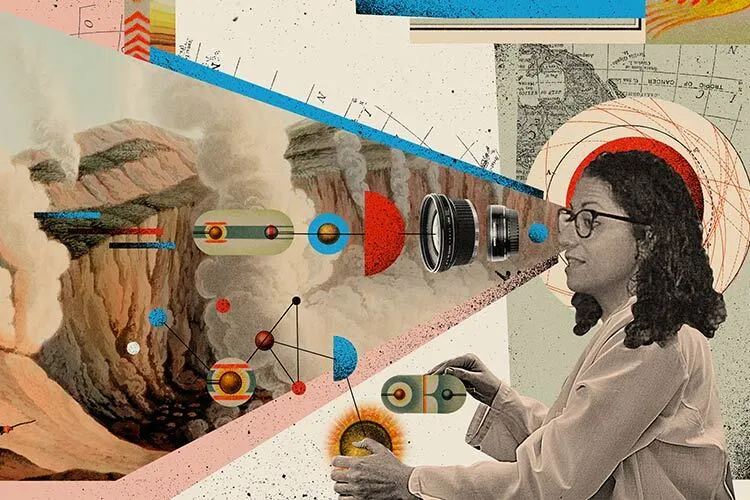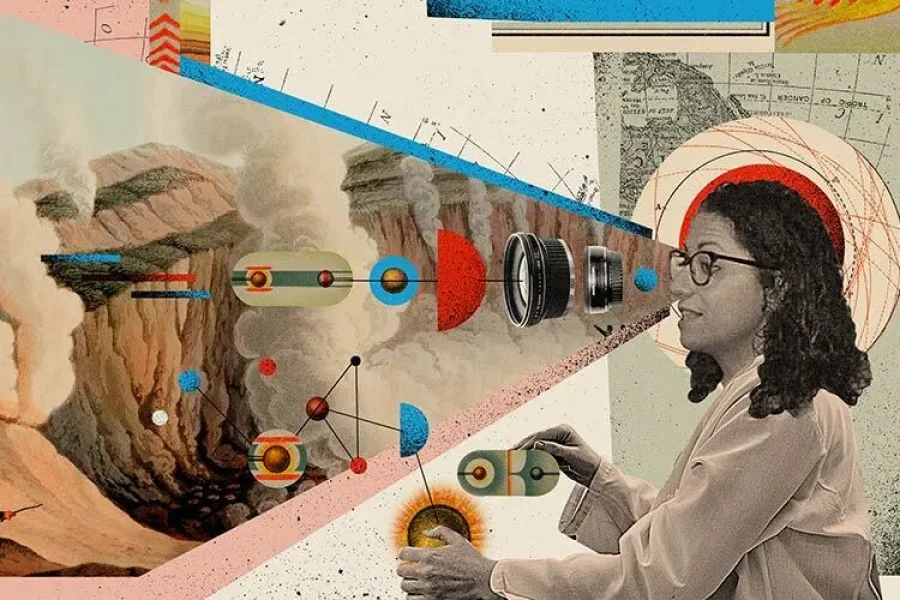The Water Center has been running for 15 years. Over this time, it has carried out 50 in-depth investigations on the topic of water, published 300 papers, obtained 21 patents (several on detecting pollutants), and trained more than 3,000 water sector professionals, especially those dedicated to managing this resource in urban environments.
“Although research is an important part, so are technological development, capacity building, and knowledge transfer,” explains the Center’s director Aldo Ramírez in an interview with TecScience.
Improving Water Quality
At a technological level, the Center has focused on the quality of water for human consumption and treated water.
It has developed schemes for the use of toilets with low or zero water consumption, as well as detecting pollutants such as pharmaceuticals and heavy metals.
The director says that it is currently working on a device to evaluate the microbiological quality of the water we consume. This means an analysis that needs to be taken to the laboratory can be carried out by any user in a matter of minutes.
“We’ve done major research on groundwater because aquifers are an important source of supply for many uses and have a lot of problems from availability to pollution, as well as research on surface water such as basins,” he explains.
Although the Water Center has 10 permanent specialists, it currently has 40 researchers working on topics related to water. The disciplines covered by the center include chemistry, civil engineering, and engineering for sustainable development, as well as economics and geology.
These specialists also teach courses to professionals in charge of water management in their respective municipalities: refresher courses on treatment plants, infrastructure design, and resource management.
Other Accomplishments
Over six years ago, the Water Center prepared the 2050 Nuevo León Water Plan to combat the shortages that occurred in 2022.
Back in 2016, the plan reported that a drought was approaching and −although the measures suggested by the Center were applied late− they are currently the basis on which the authorities are combating the water issue in Monterrey.
“The plan proposed specific projects to increase efficiency in the urban environment. Above all, in reducing the percentage of water unaccounted for, which is the amount we can’t charge for,” explains Ramírez.
Another of the actions proposed by the plan was the need to see treated wastewater as a resource, as well as constructing the Cuchillo 2 aqueduct and the Libertad Dam.
For Ramírez, the Center has made several achievements, such as getting involved in public policy with the 2050 Nuevo León Water Plan.
“But one I’d like to mention is the Strategic Decision Hub (NED, for its initials in Spanish), a physical and technological space prepared to favor better decision-making on complex issues regarding water management,” says Ramírez.
